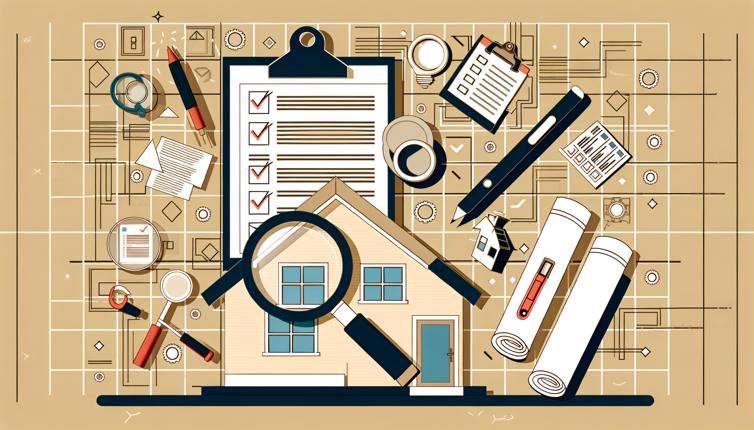1. Structural Integrity
The structural integrity of a home is one of the most important things to consider during a home inspection. The inspector should check for any signs of foundation issues, such as cracks or unevenness. They should also inspect the walls, floors, and roof to make sure they are in good condition.,Additionally, the inspector should look for any signs of water damage, such as stains or mold. Water can cause serious problems, so it's important to address any issues before they become major headaches.
2. Electrical and Plumbing Systems
Another important aspect of a home inspection is checking the electrical and plumbing systems. The inspector should test outlets, light switches, and appliances to make sure they are working properly. They should also inspect the fuse box or circuit breaker to ensure that it is up to code.,In terms of plumbing, the inspector should check for leaks, water pressure issues, and drainage problems. They should also inspect the hot water heater and any other plumbing fixtures.
3. HVAC System
The heating, ventilation, and air conditioning (HVAC) system is another important aspect of a home inspection. The inspector should check the furnace or heat pump, as well as the air conditioner, to ensure they are in good working condition. They should also inspect the ductwork for any leaks or blockages.,Problems with the HVAC system can result in higher energy bills and poor air quality, so it's important to address any issues as soon as possible.
Conclusion
In conclusion, a home inspection is a crucial step in the home buying process. It helps identify any potential issues with the property and allows buyers to make informed decisions. By paying attention to the structural integrity, electrical and plumbing systems, and HVAC system, buyers can ensure that they are making a wise investment.








